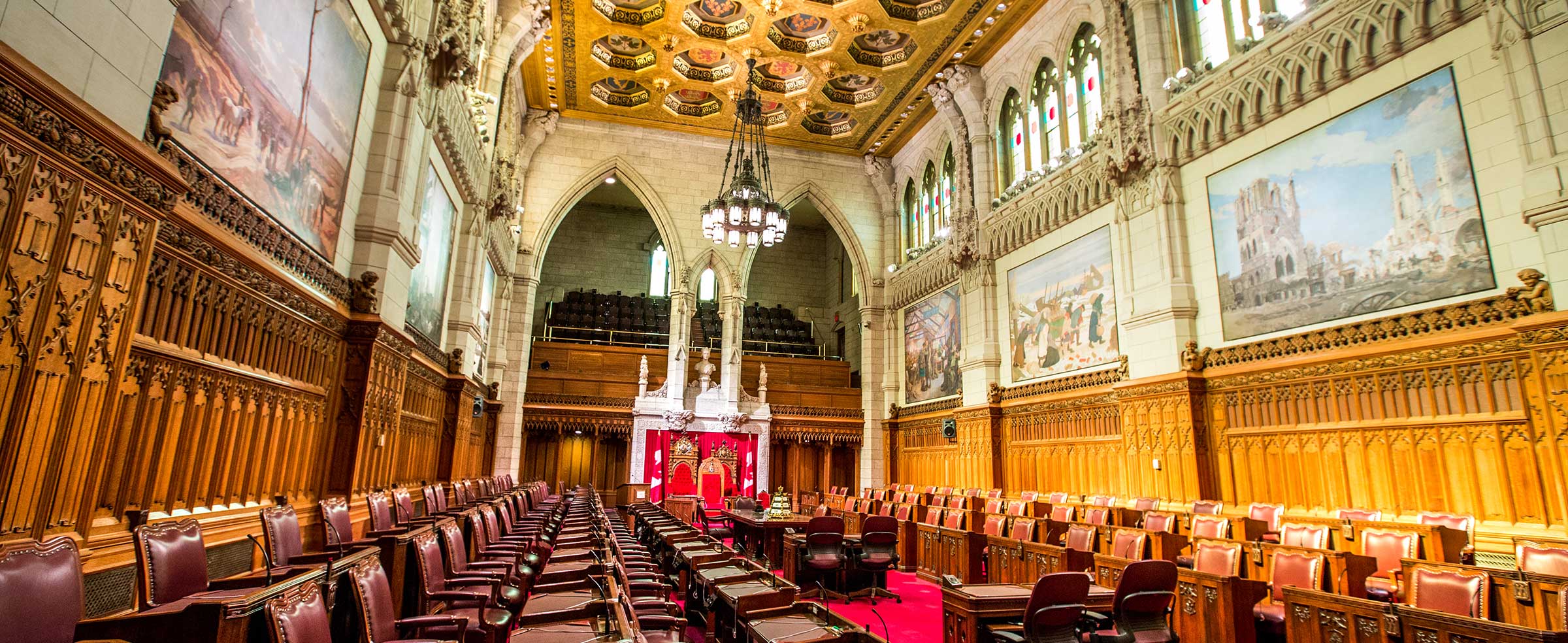Are Canadians losing confidence in their democracy?

The following op-ed was published by Michael Adams and Andrew Parkin in the September 12, 2019 edition of The Ottawa Citizen.
There are few certainties heading into an election campaign; the outcome is up for grabs. The one thing many do feel certain of is that it is Canada's turn to be buffeted by the winds of populism. As we prepare to cast our votes, we are feeling increasingly left behind economically, are becoming less welcoming of immigrants, and are losing confidence in our democracy.
The problem with this narrative is that it is, on the whole, not true. Consider how Canadians view their democracy. Three in four are currently satisfied with the way democracy works in Canada, a figure that is slightly higher than earlier in the decade. Seven in ten say they have confidence in the honesty of our elections, a level of confidence which places Canada in the top tier of OECD countries. While confidence in elections has declined by 22-points since 2009 in the US, falling to 37 percent, it has been holding steady in Canada.
When it comes to immigration, the trend is even more clear. While 35 percent of Canadians say there are too many immigrants coming to Canada, far more – almost three in five – disagree. Most importantly, the proportion agreeing that there is too much immigration is close to the lowest figure ever. Twice as many felt that way 25 years ago.
It is no doubt true that many Canadians prefer highly skilled immigrants over refugees walking over the border, and that some worry about whether new immigrants are integrating quickly enough into the Canadian mainstream. But the proportion holding these views has been trending downwards over time. At no time in the past 25 have fewer Canadians felt that too many refugees are not legitimate, or that too many immigrants are not adopting Canadian values.
Earlier this year, a Gallup survey showed that immigration was the number one issue on the minds of our neighbours to the south. At the same time, our Focus Canada survey showed that only three percent of Canadians cited immigration as the biggest problem facing the country.
On the economy, the picture is more nuanced. Overall, Canadians are becoming more positive, with steady increases in the proportions saying that both the country’s economic situation and their own personal one is in good shape. The proportion saying that now is a good time to find a job is higher today than at any point since the recession hit in 2008.
The pattern, however, differs across the country, with dramatic improvements in Quebec’s economic outlook masking growing concerns in Alberta. And a generally more positive take on the economy is also combined with a weakening in satisfaction with our standard of living, particularly among younger Canadians (although satisfaction still remains high). The proportion of younger Canadians that is dissatisfied with the availability of good, affordable housing has doubled since the beginning of the decade.
While the messages on the economy are more mixed, the general trends in Canada, especially on attitudes towards democracy and diversity, remain positive. This is hardly an excuse to paper over other problems, for problems are it not hard to find. A growing number of Canadians are worried about climate change, and large majorities support action on reconciliation, including finally ensuring Indigenous communities have access to clean drinking water, adequate housing and quality education.
The purpose of questioning the narrative that Canada is getting sucked into the populist sink-hole is not to deflect attention away from such issues, but precisely the opposite. It will be easier to devote the necessary energy to tackling the problems that we face if we remind ourselves of our strengths as a society and the civic resources we have at our disposal.
An election is the time for citizens, parties and leaders to set their sights on challenges, old and new. We should be approaching this election more with confidence in ourselves as a civic society than with trepidation that we are losing faith in our democracy.
Michael Adams is president of the Environics Institute and author of Could It Happen Here? Canada in the Age of Trump and Brexit. Andrew Parkin is the Institute’s Executive Director.
Like what you're reading? With our bi-monthly e-newsletter, you can receive even more with the latest details on current projects, news, and events at the institute.
Subscribe